Getting pregnant in your 40s, 8 things fertility experts want you to know
Welcoming a baby during this decade may take you on a slightly different journey…

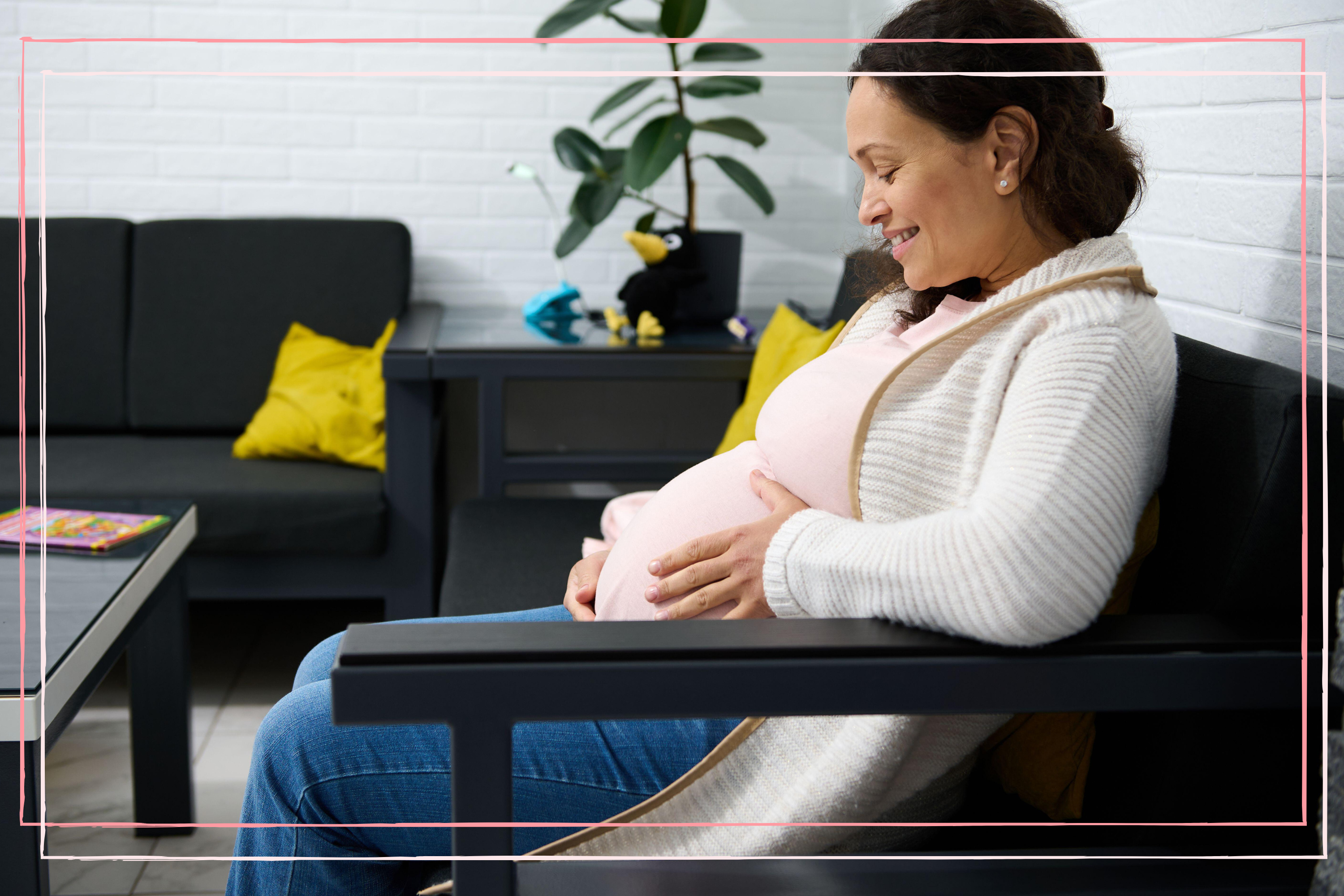
Growing numbers of women are having babies in their 40s, proving that falling pregnant during this decade is very much possible. There are a multitude of ways you can boost your chances of conceiving naturally, and also advances in science if you need a little assistance.
While the average age of mothers welcoming children in England and Wales is now 30.9 years old, according to the Office For National Statistics, there are now twice as many women giving birth over the age of 40 in England and Wales as there are those having children as teenagers.
That being said, experts emphasise the need to stay realistic as well as informed, since fertility is not quite as straightforward past your mid-30s. We have called on gynaecologist Dr Amit Shah, women's health expert Dr Melina Stasinou, and fertility specialist Dr Gill Lockwood to share their important insight.
They reveal why fertility may be more impacted at this stage of life, the lifestyle factors that may be having an influence, how to improve the likelihood of pregnancy, why turning to a healthcare professional is vital and the options available to those struggling to conceive naturally. As always, it is important to speak to your doctor for tailored medical advice and to keep up to date with the latest NHS guidance.
1. You can get pregnant in your 40s
“The chances of women becoming pregnant in their 40s are lower compared to earlier decades, but it is certainly possible,” says Dr Shah, consultant gynaecologist and co-founder of Harley Street clinic Fertility Plus. “However, there has been an increase in the number of women becoming mothers at this time of life, largely due to advances in reproductive technologies - such as IVF and egg freezing - which have made it easier for women to conceive later in life.’ According to the Office For National Statistics, in 2021, there were 28,478 births to mothers aged 40 to 44 and 2,064 to mothers aged 45 and over.
Indeed, it isn’t entirely accurate that women’s fertility nosedives from a woman’s mid-30s. “It is well-known that there is an age-related decline in ovarian reserve and egg quality, and this process significantly speeds up after the age of 35,” notes Dr Stasinou, a specialist in integrative women’s health at the Marion Gluck Clinic . “Nevertheless, it is a myth that a woman, even in her 20s or 30s, can get pregnant very easily - with the chance at about 25% for a natural conception every month, which drops to 20% for women over 30.” She notes that by the age of 40, the chance of getting pregnant naturally each month is just 5%.
Still, this doesn’t mean it can’t happen, as April Hunter found. “I had two children in my 20s, so had already experienced pregnancy, birth and care at that point in my life,” says the midwife, 45, who lives in Cheshire. “After I did my midwifery training, I planned for another baby with my new partner. My coil was removed and I fell pregnant a month later when I was 42.” Similarly, Judy Bartkowiak was 44 when she fell pregnant with her fourth child - her others being 8, 11 and 12. “ It was something of a shock but a lovely one,” recalls the children and teens therapist, 68, based in Berkshire.
2. It may take longer to conceive
While it is possible to fall pregnant in your 40s, it may not be as fast a process compared to those in their 30s, because fertility begins to decline. “The majority of women will be able to achieve successful pregnancies in their 40s,” says Dr Lockwood, a consultant fertility specialist at Fertility Family. “However, it is important for those trying to be aware that it may take longer to conceive at this age.”
Parenting advice, hot topics, best buys and family finance tips delivered straight to your inbox.
Dr Shah explains: “This is because, as women age, the number and quality of their eggs decreases. By the time a woman reaches her 40s, her remaining eggs are fewer in number and are more likely to have chromosomal abnormalities - which can make it harder to conceive naturally. Hormonal changes, such as a decline in oestrogen levels, also contribute to the difficulty of getting pregnant during this decade.” Indeed, the American College of Obstetricians and Gynecologists revealed that most women will have around 120,000 eggs at 32 years old, but by 37 the average egg count drops to around 25,000.
3. Lifestyle can play a part
“Smoking, excessive alcohol consumption and poor diet can all negatively impact a woman’s ability to conceive,” warns Dr Shah. “Smoking, for example, accelerates the loss of eggs and can lead to earlier menopause. Meanwhile, excessive drinking can interfere with hormonal balance.” He notes that maintaining a healthy diet and regular exercise are important for overall reproductive health.
Dr Lockwood agrees: “Many of the developmental factors that may impact the baby’s health are actually under our own control and unrelated to the mother’s age.” She adds that taking folic acid and vitamin D supplements can be “game-changing in ensuring healthy babies”.
4. It’s not all down to the woman
“Male health can also impact fertility and pregnancy outcomes - it is not just the woman’s health that has an effect,” insists Dr Lockwood. “After centuries in which it was assumed that infertility was a ‘female problem’, we now finally recognise that infertility is a shared problem. In about 25% of cases, it is possible to attribute the couple’s ongoing fertility problem to a purely ‘male factor’, but in over 50% there are infertility issues on both sides.”
A man’s reproductive health can be compromised by lifestyle, including smoking, alcohol use and poor diet, says Dr Shah. Similarly Dr Lockwood highlights the emerging evidence that pollutants in the environment and highly processed food have been shown to reduce sperm count and viability, along with anabolic steroids used in ‘body building’ and some ‘anti- baldness’ medicines. She adds: “Improving male fertility really means avoiding damaging it.” Which also includes wearing boxers rather than tight pants, avoiding prolonged sitting, taking cool showers rather than sitting in hot baths and avoiding obesity.
5. There are ways to boost fertility
“Women in their 40s who wish to improve their chances of conceiving naturally can take several steps,” explains Dr Shah. “Leading a healthy lifestyle by maintaining a balanced diet, exercising regularly and avoiding smoking as well as excessive drinking is essential. It’s also important to manage stress, since high levels can negatively affect fertility.” There is likewise evidence that eliminating caffeine and recreational drugs can have a positive effect. Dr Shah adds: “Consulting with a healthcare provider to monitor overall health and address any underlying conditions, such as thyroid issues, can also be beneficial.”
Dr Stasinou insists that there is no sufficient evidence regarding a specific “fertility diet”. “Although the optimal BMI for conception is 18 and 30, which means that women that they are trying to conceive should not be too thin or obese,” she explains. “According to some studies, women should have a higher consumption of monounsaturated rather than trans fats, vegetable rather than animal protein sources, low-glycemic carbohydrates and high-fat dairy.”
While an overall healthy diet is the main goal, says Dr Stasinou, an adequate intake of vitamins and minerals is also key when trying to create the right environment for a healthy pregnancy - and which can be topped up. “Some of the most popular dietary supplements that can promote fertility in women include folic acid, co-Q10, vitamin D3, Omega 3 and myo-inositol,” she explains. Meanwhile, men can particularly benefit from vitamin C and zinc.
6. Seeking medical advice is vital
“If you have been trying for six months and have good, regular trouble-free periods, a positive family history and your partner does not have a history of undescended testes, adolescent mumps or STDs, then you should seek expert advice as to why you haven’t been able to conceive yet,” says Dr Lockwood. “Waiting two years will reduce the available treatment options.”
A healthcare professional can investigate factors that may be impacting fertility. “Women with a history of irregular periods possibly indicating PCOS, or women with heavy and painful periods probably suggesting endometriosis, may be affected,” says Dr Lockwood. “Maternal history is equally important, as a female-line story of early menopause in the mother, grandmother or aunt may also be playing a part.” Early menopause is considered to happen before the age of 45, and research suggests it affects 5-10% of women.
Taking a fertility test - usually involving a blood test and ultrasound scan - can be worthwhile for some. “They can provide valuable information about a woman’s fertility and help identify any potential issues that might be affecting it,” explains Dr Shah. This includes looking at the ovarian reserve - the number and quality of eggs left - and also testing levels of the anti-müllerian hormone. Depending on the type of test, they can be done at home or in a clinic. Dr Stasinou adds that getting the quality and quantity of sperm assessed is also of “decisive importance”.
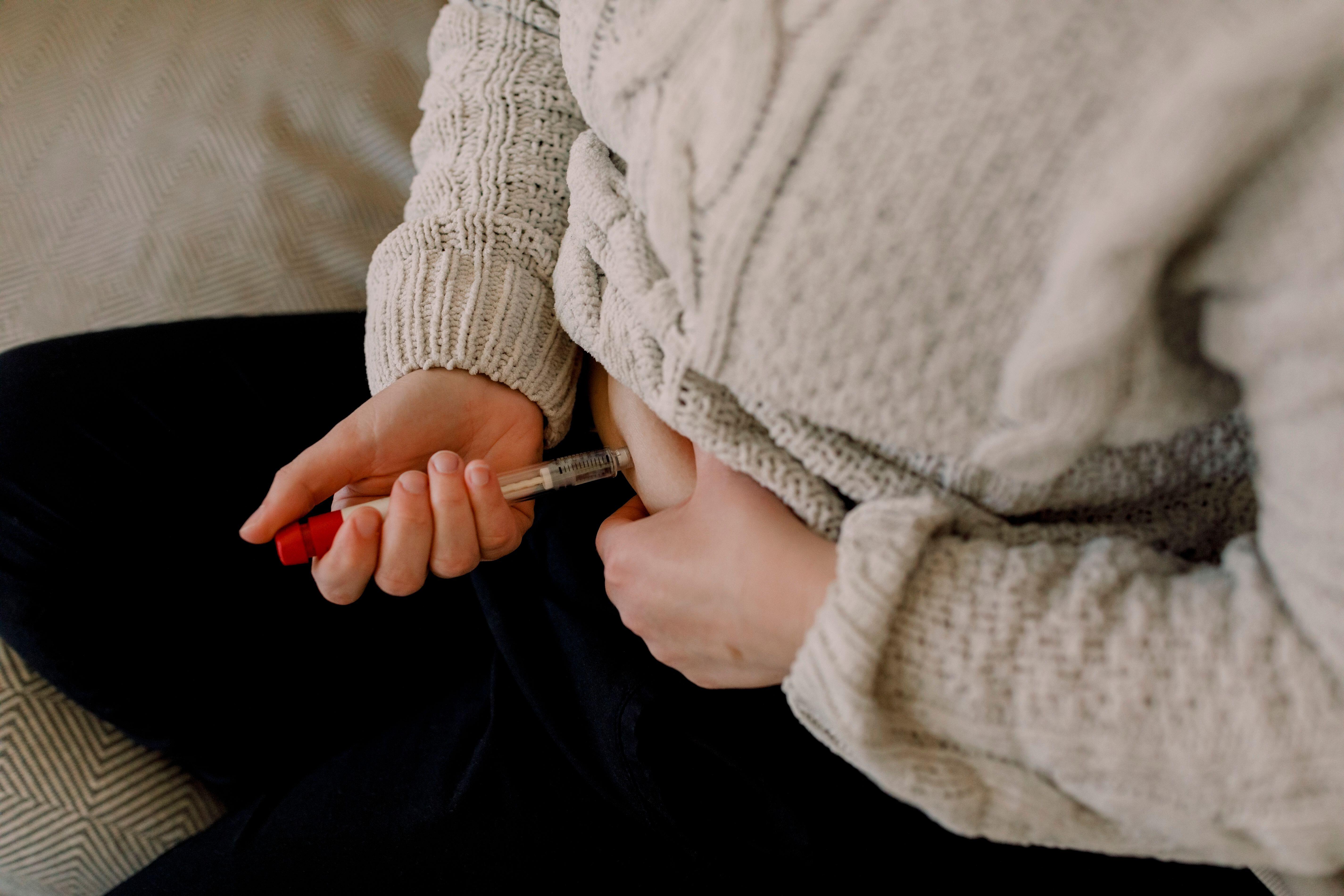
7. You may need some assistance
“For those who discover they may have fertility issues, they need to decide as a couple whether they are content to just keep trying and ‘if it happens, it happens’ or if they really want to have a realistic chance of becoming parents,” says Dr Lockwood. “What’s more, many couples facing the baffling diagnosis of ‘unexplained infertility’ - estimated to be about 25% of all couples having IVF - should be reassured to know that modern assisted conception techniques can help.”
Dr Shah explains: “IVF (in vitro fertilisation) and IUI (intrauterine insemination) can be effective options for women in their 40s who are struggling to conceive naturally. IVF involves fertilising an egg outside the body and then implanting it in the uterus, which can be particularly useful when egg quality is a concern. IUI, on the other hand, involves placing sperm directly into the uterus to increase the chances of fertilisation.” He adds that they are not guaranteed to succeed and often require multiple attempts.
According to the latest NHS guidelines, IVF should be offered to women under the age of 43 who have been trying to get pregnant through regular unprotected sex for two years, or who have had 12 cycles of artificial insemination - with at least six of these cycles using the IUI method. However, experts warn that access to such treatments can be a “postcode lottery”, meaning that seeking private treatment may be the only option for some.
Have you frozen eggs in your 30s? Using them for IVF may be able to boost its chances of success. “The embryos that they can create are younger and more healthy,” explains Dr Stasinou. “The optimal age for egg freezing is up to 35 years old, however many women pursue it after this age due to financial and professional restrictions.” Egg freezing is not available on the NHS unless you are having medical treatment, such as for cancer, that could affect your fertility.
8. There are risks involved
When trying to conceive in your 40s, there are certain issues that can be more common. “There is an increased risk of miscarriage and other potential complications,” warns Dr Shah. “As egg quality declines with age, the risk of chromosomal abnormalities - which can lead to miscarriage - also increases.” Indeed, the risk of a miscarriage increases quite steeply after the age of 35, with a 40% risk of an early miscarriage for women aged 40 who can conceive. Dr Shah continues: “Additionally, pregnancies later in life are associated with a higher risk of gestational diabetes, high blood pressure and preeclampsia.”
As such, Dr Shah adds: “It’s important for women to understand that while it is possible to conceive in your 40s, it can be more challenging and may require additional medical assistance. Women should be proactive about their reproductive health, seek guidance from healthcare professionals early on and consider all available options, including egg freezing and fertility treatments. It’s also crucial to maintain a realistic perspective and be prepared for the possibility that conception may take longer or require more interventions than it would at a younger age.”
However, Dr Lockwood is adamant that the outcomes are often a positive one. ““The vast majority of couples will get successfully pregnant without any outside help, and for the others, modern fertility medicine is very successful,” she insists. If you would like to pursue motherhood as a 40-something woman then taking informed steps - including being aware of the latest NHS advice - doesn’t mean you shouldn’t try.
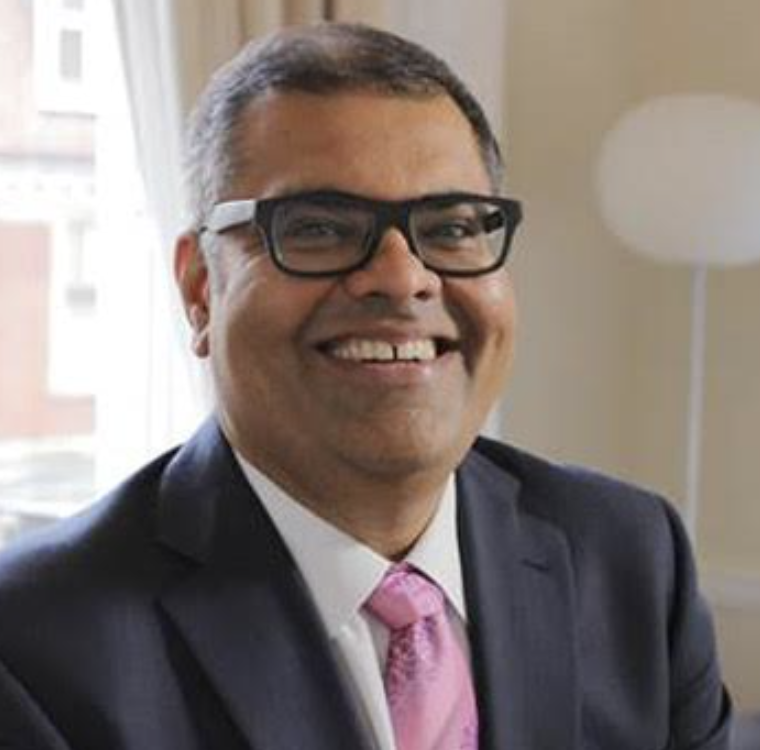
Dr Amit Shah is a consultant gynaecologist and co-founder of the clinic Fertility Plus in London. He received his medical degree in 1988, before specialising in obstetrics and gynaecology, and became a member of the Royal College of Obstetricians and Gynaecologists in 2004. He also trained as a fertility specialist, and has a particular interest in egg donor IVF, surrogacy and sperm donation treatments, in addition to fertility treatments and fertility-preserving surgeries. After 25 years of working in the NHS, he now practices exclusively in the private sector.
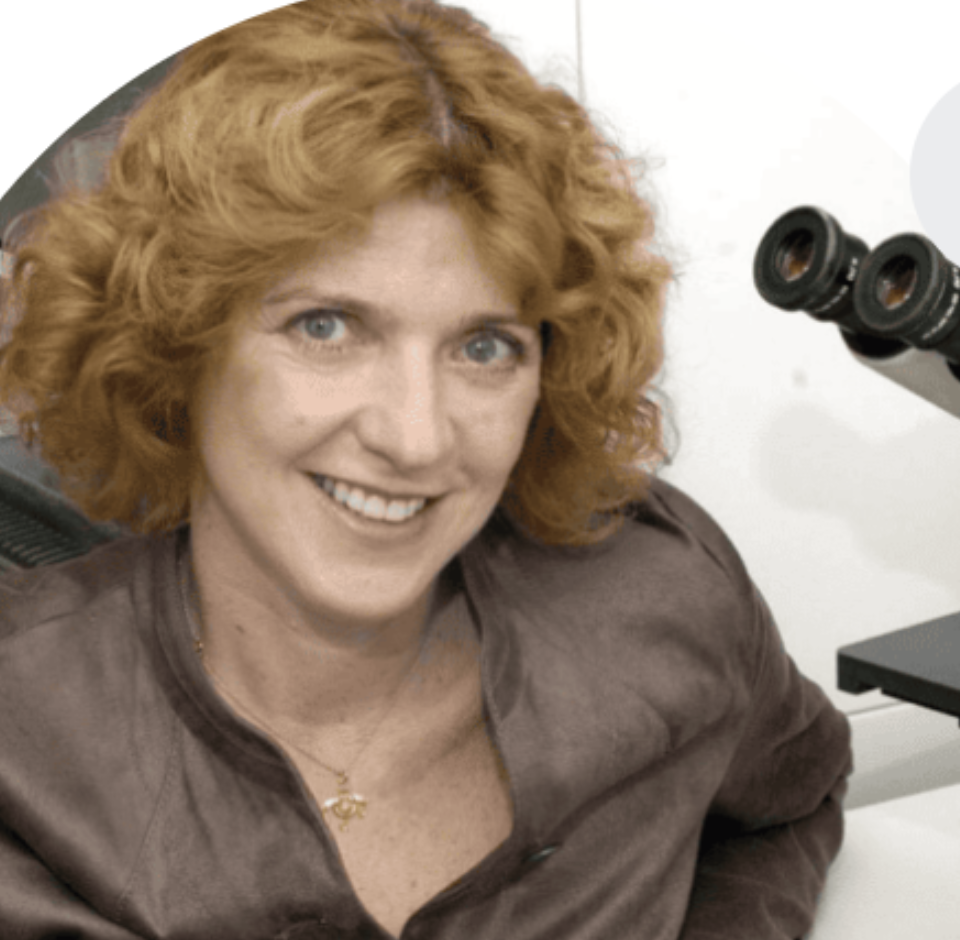
Dr Gill Lockwood is a consultant fertility specialist at Fertility Family. She received her medical degree from Oxford University in 1986 and subsequently trained in reproductive medicine and IVF. She has a special interest in PCOS and age-related infertility, and is an advocate of “social egg freezing” to give older women the chance of genetic motherhood.
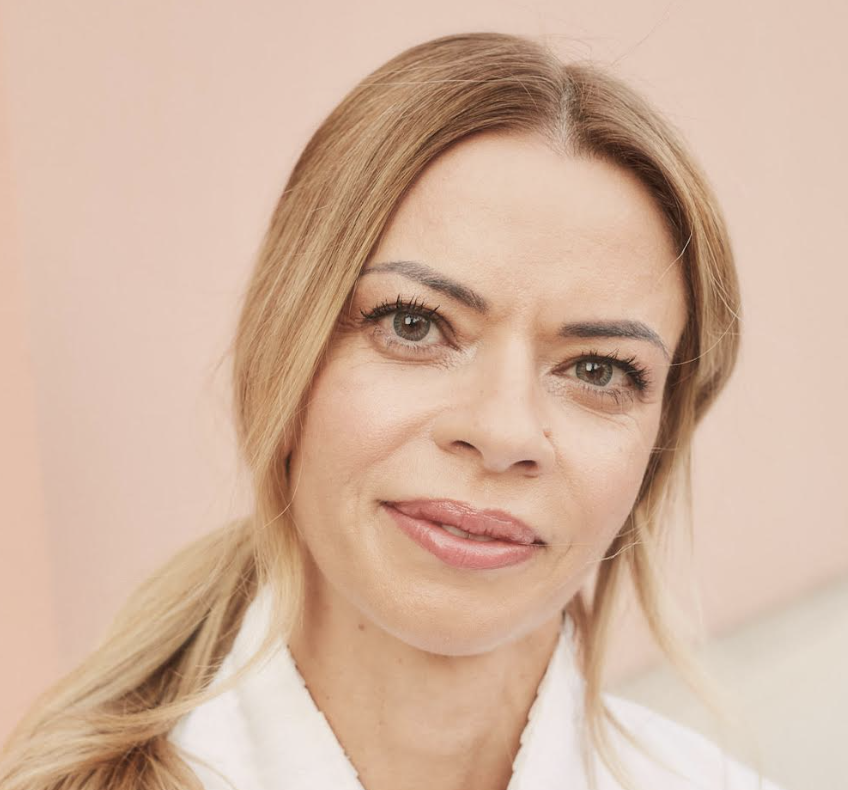
Dr Melina Stasinou is a specialist in integrative women's health and bioidentical hormone balancing for the Marion Gluck Clinic in London. She earned her medical degree from Aristotle University of Thessaloniki in 2003, before specialising in obstetrics and gynaecology. In 2013, she joined Hammersmith Hospital in London as a clinical research fellow, gaining expertise in assisted reproduction techniques, and was appointed the assistant professor of clinical obstetrics and gynaecology at Weill Cornell Medicine.
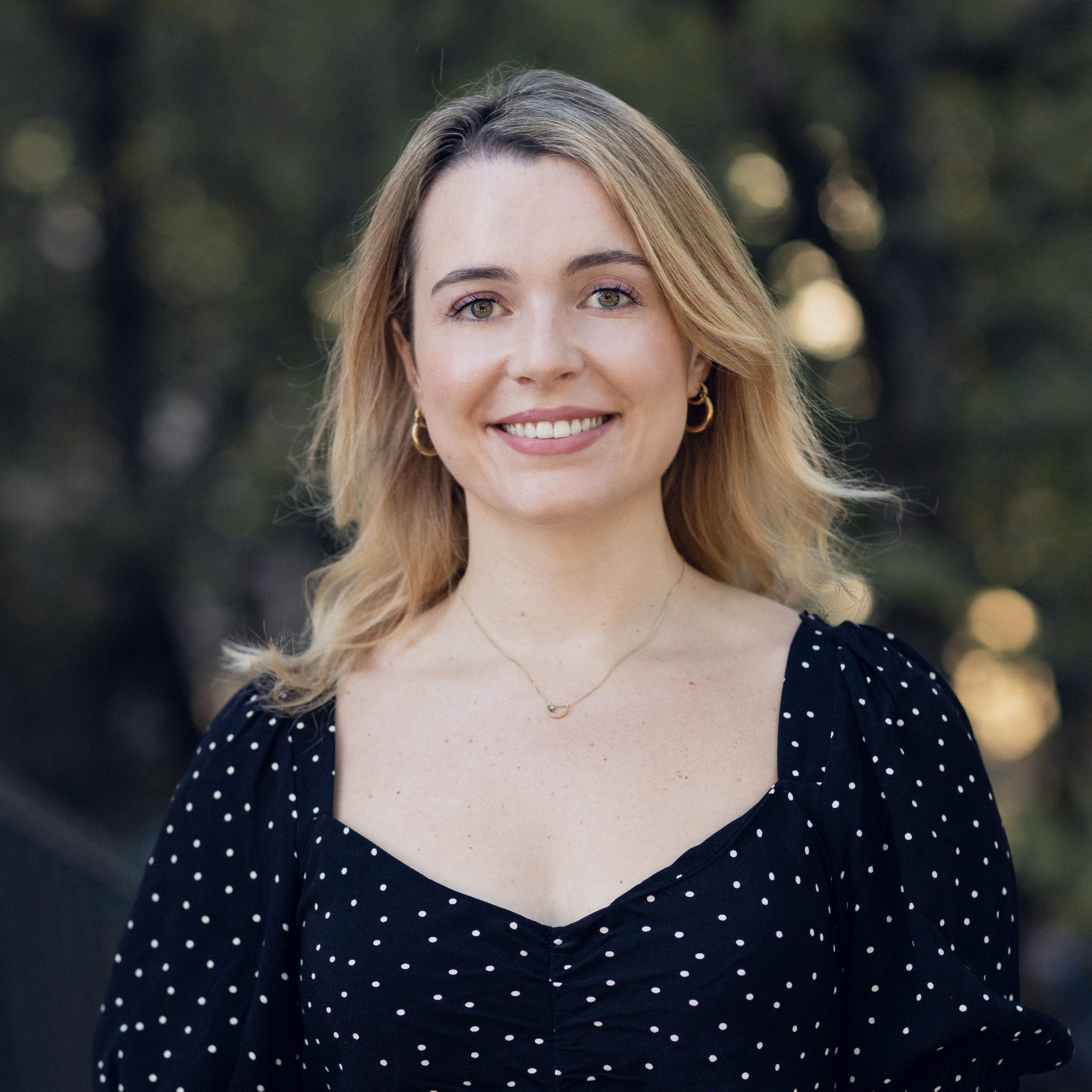
Lauren is a freelance writer and editor, with more than eight years of experience working in digital and print journalism. She has penned news and features for titles including Women's Health, Daily Telegraph, Cosmopolitan, The Times, Stylist, The Guardian, Woman & Home, Dazed, The Sun's Fabulous, Yahoo UK and Grazia.
Lauren specialises in covering health and wellness topics—ranging from nutrition and fitness, to health conditions and mental wellbeing. She also runs a weekly newsletter called Well, Actually..., which has been named a Substack Featured Publication.